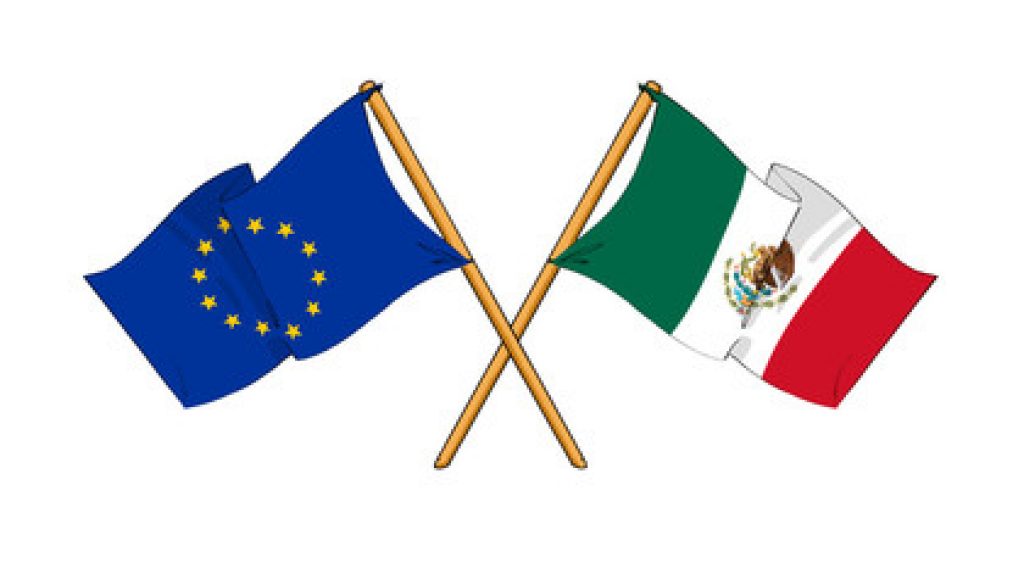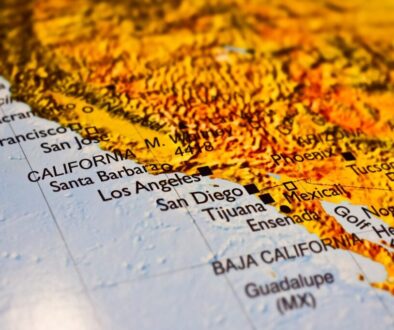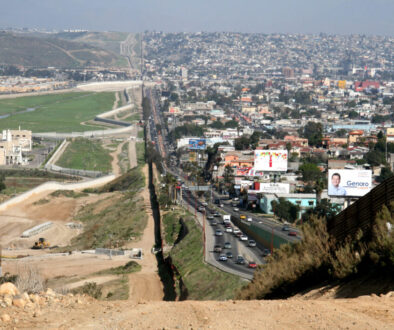EU-Mexico Free Trade Agreement is Updated
The EU-Mexico Free Trade Agreement that was signed in 1997 has been updated and re-engineered recently to demonstrate a commitment to greater trade and commerce between Mexico and the European Union. The announcement of the altered trade accord between the two economic parties was made on April 21, 2018.
Mexico is the second largest Latin American trading partner with the EU, after Brazil. Total combined trade between Mexico and the EU currently stands at a grand total of € 79 billion. This number breaks down into € 19 billion in services and € 62 billion in goods. With the updated EU-Mexico Free Trade Agreement and the further economic opening of the two trading partners, these figures are expected to significantly expand.
The new EU-Mexico Free Trade Agreement (FTA) is of key importance for Mexico in that it is a part of the country’s strategy to decrease its dependence on trade with the US.
With respect to a greater volume of bilateral trade in agricultural products, the EU-Mexico Free Trade Agreement defines plans for the trading partners to work together to maintain strong health and safety standards for food commodities. Both the EU and Mexico have agreed to allow the other to maintain the prerogative of establishing the levels of protection and intellectual property protection measures that they consider to be reasonable for the items that are traded.
Also, one of the central features of the updated and new version of the EU-Mexico Free Trade Agreement is the elimination of 99% of the duties that are applied to items that enter into the countries of each of the parties to the agreement. Although tariffs for the bulk of manufactured goods traded between the two partners were lowered and fully removed by the 1997 agreement, duties have remained in effect for farming products. For example, under the updated EU-Mexico Free Trade Agreement, tariffs will be fully eliminated on products such as chocolate, asparagus, pasta, and confectionary goods, in addition to cheese, apples and canned peaches, pork and pork products, and dairy. Also, phased out under the new EU-Mexico Free Trade Agreement will be tariffs and duties that are presently in place for poultry products. For the remaining 1% of products that are traded and still dutiable under the agreement, greater access to both parties’ economies will be the result of setting new, more liberal, quotas.
In terms of the trade in industrial products between the two parties to the updated EU-Mexico Free Trade Agreement, both the European Union and Mexico have both agreed to reduce the regulations and rules that are involved in the import and the export of such items. Although most of the tariffs that were attached to industrial goods were removed as a result of the applied provisions of the 1997 agreement, many of the technical requirements of each of the parties to the agreement remained in place. The new Free Trade Agreement sets the harmonized technical rules for the commerce in industrial goods. This will make it easier for all parties to import and to export such items in a more economical, competitive and effective way.
In addition to further eradicating duties, the new EU-Mexico Free Trade Agreement includes commitments to protect the environment and to protect workers’ rights. With respect to the former, both the EU and Mexico reaffirm their cooperation in battling climate change and in transitioning to economies that reduce carbon emissions.
Among the other changes that have been put into effect by way of the new Mexico-EU Free Trade Agreement, is the facilitation of the bidding for government contracts in the territory of both parties. Going forward it will be easier for EU firms to bid for Mexican government contracts and vice versa.
Some of the other key features addressed by the updated EU-Mexico Free Trade Agreement include pledges aimed at:
- Encouraging investment in an environment that is transparent for businesses;
- Offering new rules in the services sector;
- Making the rules for trade enforceable through a State-to-State trade mechanism;
- Setting rules for digital trade;
- Ensuring stability and fighting corruption;
- Establishing better protections for innovations and creative work;
- Preventing traditional food products from imitations;
- Focusing on the needs of smaller businesses.
Remember, interested parties can receive Mexico manufacturing information on a weekly basis by SMS Texting the word Tecma to 96000.





